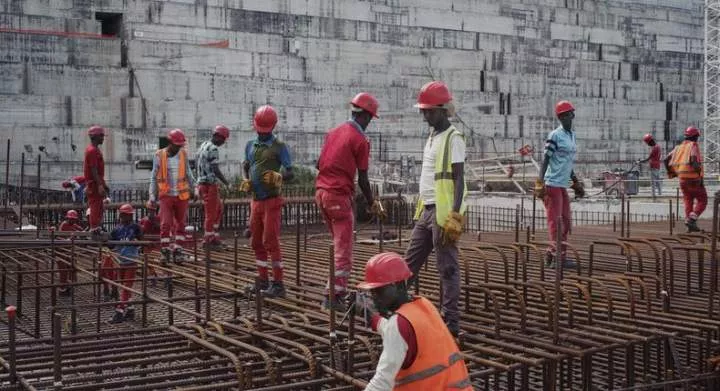
Private infrastructure investment has enormous potential for addressing the infrastructure deficit in low- and middle-income nations, particularly African countries. This is why it has been a key area of focus for foreigners looking to invest in the African market. For decades now, a great deal of low- and middle-income nations have had to manage inadequate infrastructures, limiting their economic potential.
68 countries received investments across 322 projects, with some achieving their first private participation in infrastructure transactions in over a decade.
This list is courtesy of a report from the World Bank.
While governments play an important role in infrastructure development, the limited availability of financial resources necessitates the engagement of private investors.
This is where private infrastructure investment becomes pivotal in the economic development of these countries. Private investors offer cash, expertise, and flexibility to infrastructure development, augmenting public funds and easing fiscal limitations.
Furthermore, their profit-driven strategy promotes accountability and encourages innovation, resulting in cost-effective and high-quality infrastructure solutions.
Any economy is based on its infrastructure, which includes its water supply, electricity systems, transportation networks, and telecommunications.
A lack of infrastructure may be a major obstacle to Africa's growth, hindering industrialization and making it more difficult to access basic services. Fortunately, this is a problem that private investors have taken an interest in, and over the years they have made significant contributions.
A report by the World Bank, noted that the private sector infused $86B into infrastructure development in low- and middle-income nations in 2023. This unfortunately represented a 5% decline in investment compared to the year prior.
"In 2023, 68 countries received investments across 322 projects, compared to 54 countries and 260 projects in 2022. Guinea Bissau, Libya, Papua New Guinea, São Tomé and Príncipe, and Suriname achieved their first private participation in infrastructure (PPI) transactions in more than a decade," the report reads.
With that said, here are the 10 African countries with the highest private infrastructure investment.
10 African countries with the largest private infrastructure investment
| 1. | Egypt | 2,306 |
| 2. | South Africa | 1,044 |
| 3. | Senegal | 316 |
| 4. | Tanzania | 308 |
| 5. | Tunisia | 292 |
| 6. | Democratic Republic of Congo | 287 |
| 7. | Ethiopia | 282 |
| 8. | Guinea | 227 |
| 9. | Cabo Verde | 154 |
| 10. | Ghana | 137 |

















Comments